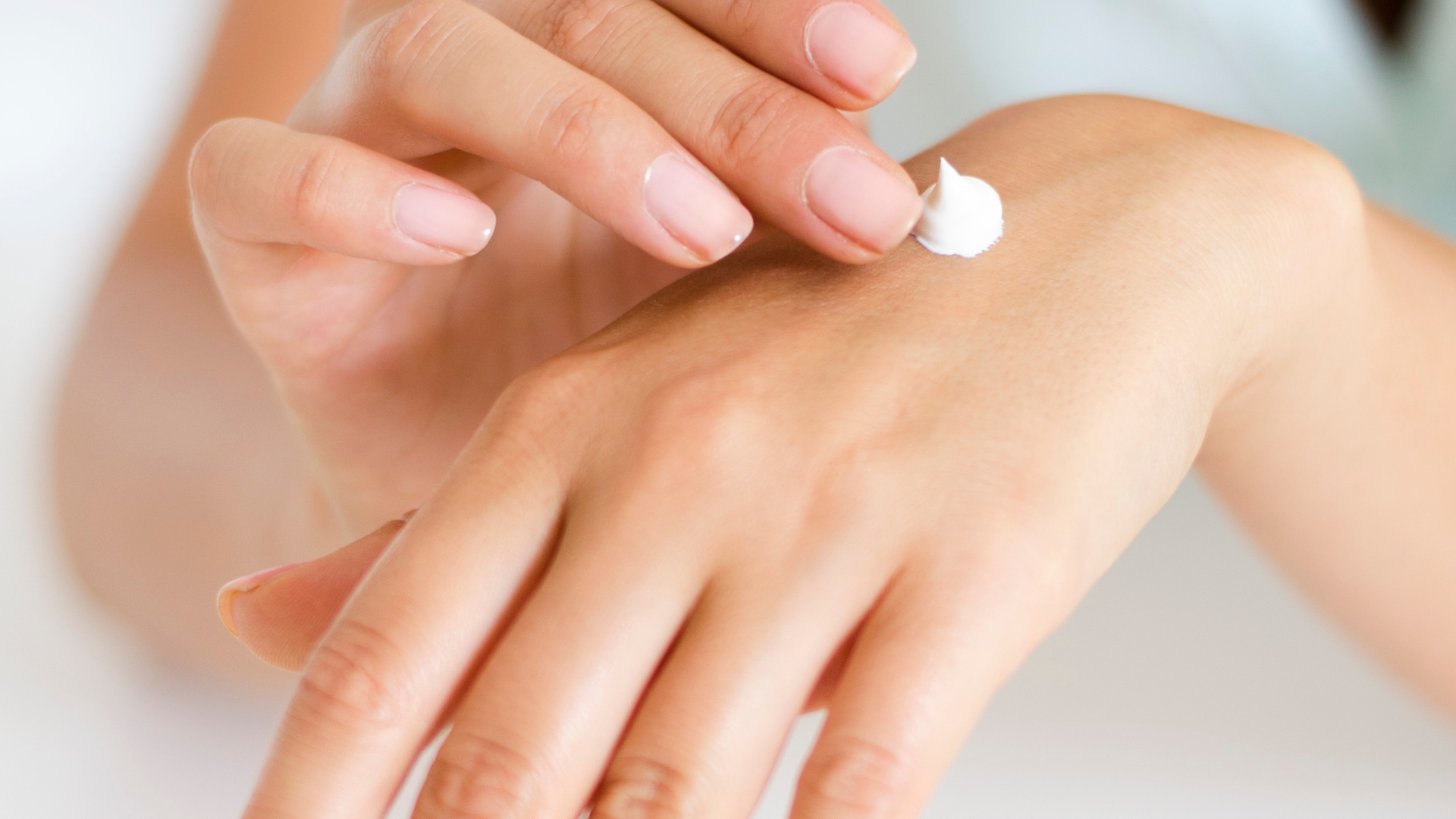Cosmetovigilance, according to the Spanish Agency for Medicines and Health Products, is the activity of collecting, evaluating and monitoring information on undesirable effects observed as a consequence of the normal or reasonably foreseeable use of cosmetic products. This branch is also responsible for the adoption of measures and the dissemination of information related to such effects. The main pillars of cosmetovigilance are the reporting of undesirable effects and their recording in a centralised database to allow for proper information management, as well as a case-by-case assessment of the reports.
The report prepared by the Spanish Medicines and Health Products Agency distinguishes between national and European notifications. In 2023, a total of 160 notifications were received, of which 40 were rejected and no investigation was opened. Among the 120 notifications investigated, there was a 130% increase in notifications of undesirable effects compared to 2022, thanks in part to the dissemination of the activity and the NotificaCS notification portal. 48% of notifications were from consumers, 36% from healthcare professionals, and 15% from companies themselves. Thirty percent of these alerts were for skin care products, 28% for deodorants, and 10% for sun care products. To a greater extent, alerts were also received for depilatories, nail care, decorative products, hair care, hygiene and oral hygiene products.
The symptoms that have developed the most and which have led to the highest number of alerts were non-specific dermatitis in 25% of the cases. Cosmetic acne, also known as acne folliculitis, developed in 23% of those affected. Allergic dermatitis was also one of the main unwanted symptoms in 22 out of 120 reports last year.
Women suffer the most from unwanted consumer effects. Of these 120 notifications, 82% were women and only 14% men, and the age group most affected was 30-60 years. 84% of these alerts caused temporary or permanent functional incapacity and 13% required hospitilisation.
The AEMPS puntualiza that inside these 120 notifications studied, identified and studied a total of 87 cosmetic products different. Of them, in 86 it determined that they did not suppose a risk for the health of the general population, but in all the cases the no wished effects related were due to particular reactions related with the idiosyncrasy of each person consumer.
Regarding the European notifications, notified 69 cases of grave effects no wished related with cosmetic products. Compared with the 2022, the number of notifications descended 35%. To the equal that in the national case, the category of cosmetic products related with the care of the skin was the protagonist in the subject of the alerts, gone on down the dye of hair and the products of personal hygiene. The main symptomatology was the dermatitis allergic of contact, in 26% of the cases and the dermatitis inespecífica, in 20%. In these notifications also saw engaged the ocular health with conjunctivitis and another type of conditions. In 79% of the notifications, caused a functional inability storm or permanent, and in 13% the affected had to be hospitalizados.
